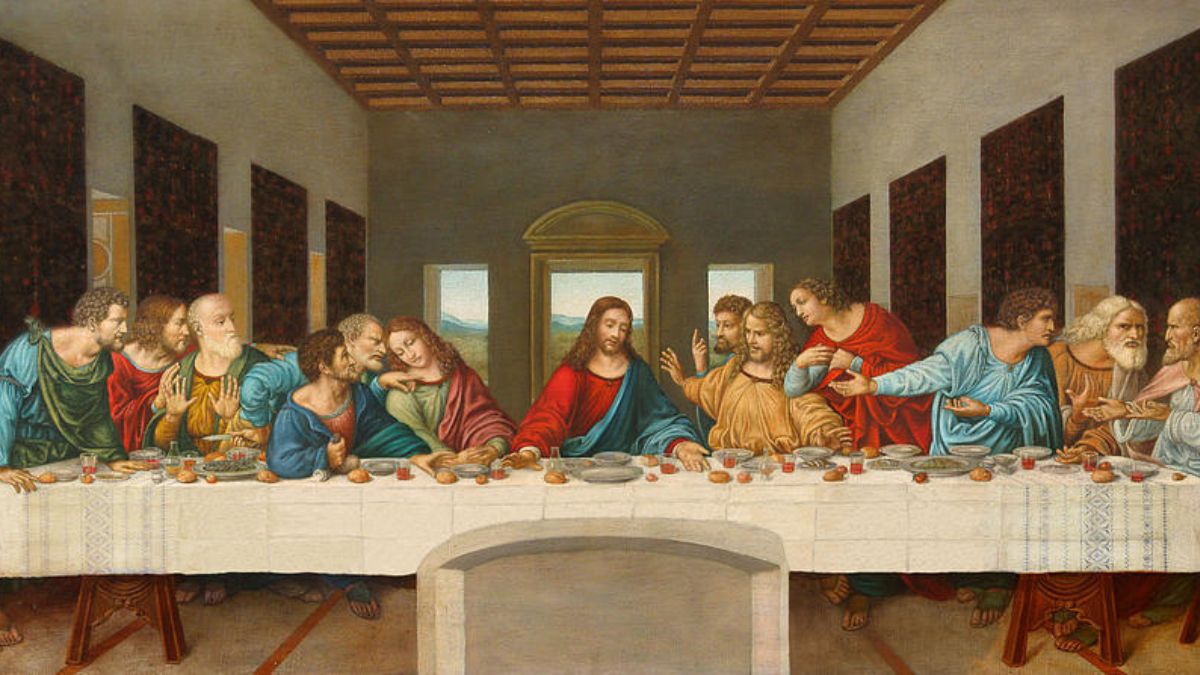

BreakPoint
Ward and Ward Cleaver
Two successful working parents, one a corporate lawyer and the other an anesthesiologist, were faced with a decision. One needed to stay home to care for their newly adopted infant son. And so the lawyer gave up power lunches for peanut butter sandwiches, a high-paying job for one with no financial compensation. That's a story similar to that of many married couples, in which one parent -- usually Mom -- decides to leave the workplace to care for the kids. But this isn't the story about a mom and dad. It's the story of two dads, Jamie McConnell and his partner Bill Atmore. New York Times reporter Ginia Bellafante recently reported stories of several homosexual couples, in which one decided to be a stay-at-home parent while the other worked to provide for everyone. "To some gay men," Bellafante writes, "the idea of entrusting the care of a hard-won child to someone else seems to defeat the purpose of parenthood." And so Ray Friedmann left an accounting job, Bernie Cummings left a public relations management position, and a handful of others also left their careers to be stay-at-home parents. Their decisions reflect a growing trend among homosexual couples. According to the 2000 census, there were 60,000 male couple households with children and close to 96,000 female couple households with children. Gary Gates of the Urban Institute noted that of almost 10,000 same-sex couples with children randomly selected by the Census Bureau, 26 percent of male couples included a stay-at-home parent. "That staying at home constitutes the just and noble course of parenthood was a sentiment echoed again and again in more than a dozen interviews with gay fathers," writes Bellafante. And "because gay men are liberated from the cultural expectations and pressures that women face to balance work and family life, they may approach raising children with a greater sense of freedom and choice," writes Bellafante. After the so-called sexual revolution, we've gone through the looking glass; nothing is as it should be. Gender roles have been turned upside down and shaken, with resulting absurdities. It's okay, laudable even, for a gay father to stay home. But it's not for a heterosexual mother: Her duty is to climb the corporate ladder in the name of women's rights and equality -- forget about her children's needs. This phenomenon -- strange as it is -- nonetheless, shows that God's design for us is right. When same-sex couples try to work out ideal roles as parents, the picture ends up looking (almost) like God's intention: One to nurture and one to provide. Children need a parent at home -- they need that connection. And so these homosexual couples try to imitate the ideal situation for raising children. The problem is that they can't. Some children of homosexual parents may turn out alright. But as with children of single parents -- despite the heroic job many single parents do -- they know they've missed a crucial element in their lives. Mothers and fathers, filling their distinct roles, shape our identity. Homosexuals have fought hard for the "right" to parenthood. No one has a "right" to put kids in an artificial family. The homosexual's "right" is one thing. But how about the child who, I believe, deserves nothing short of God's real and enduring design for the family, with a male father and a female mother? For further reading and information: Ginia Bellafante, "Two Fathers, With One Happy to Stay at Home," New York Times, 12 January 2004. (Reprinted by Council for Contemporary Families.) Michael Foust, "Same-sex parenting: Does a mom and dad make a difference?" BP News, 16 January 2004. David Usborne, "Children of the revolution," The Scotsman, 17 January 2004. Mike Allen and Alan Cooperman, "Bush Plans to Back Marriage Amendment," Washington Post, 11 February 2004, A01. Pam Belluck, "Massachusetts Weighs a Deal on Marriages between Gays," New York Times, 11 February 2004. (Free registration required.) Pam Belluck, "Unusual Sparring between Court Majority and Dissenters," New York Times, 6 February 2004. (Free registration required.) Cathy Lynn Grossman, "Gay 'civil union' not as divisive as 'marriage'," USA Today, 13 January 2004. Stanley Kurtz, "The 'Gay' Election," National Review Online, 10 February 2004. Joseph Landau, "Misjudged: What Lawrence Hasn't Wrought," New Republic, 9 February 2004. (Available only to subscribers.) Maggie Gallagher and Linda Waite, The Case for Marriage (Doubleday, 2000). Visit MarriageDebate.com. The BreakPoint Speak the Truth in Love resource kit includes many materials to help you talk about homosexuality with others, including a booklet on what to say to a gay friend and a study on homosexuality's health risks. Call 1-877-322-5527 to request the free BreakPoint Marriage Amendment information packet, filled with helpful materials on the issue of same-sex "marriage," including the language of the Federal Marriage Amendment (also known as the Musgrave Amendment) and a chart showing its legal impact. Sign BreakPoint's online petition in support of the Federal Marriage Amendment.
02/18/04















